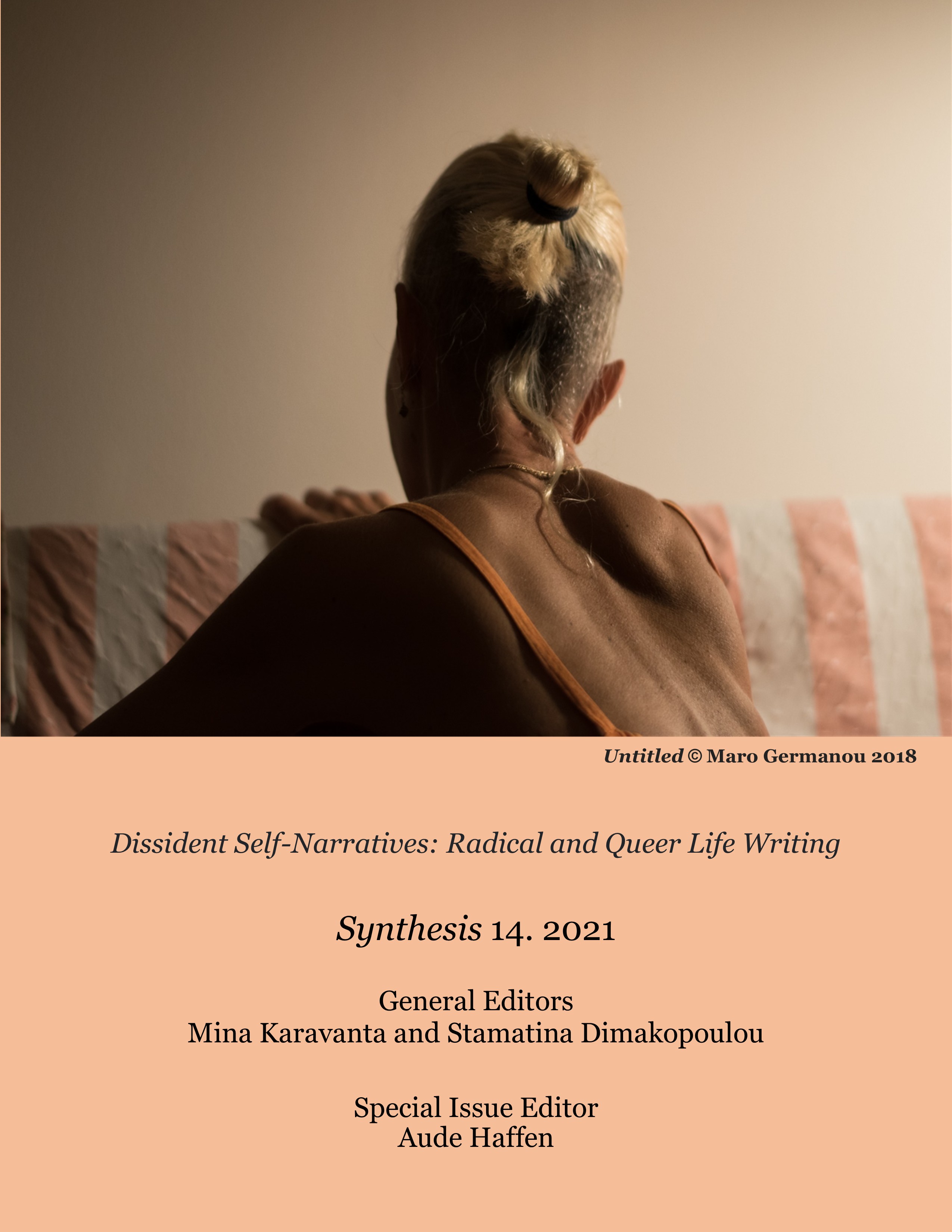Dialectics of Love in the ‘Early’ and ‘Late’ Writings of Roland Barthes

Abstract
It is well-known that Roland Barthes spent the Second World War in a sanatorium for tuberculosis; less appreciated is the voluminous and frank correspondence that he sent to his closest associates and lovers, often in moments of despair and distress. Some of these letters have been published in Album (2018); and, more recently, in Frédéric Goldbronn’s documentary Les fantômes du sana (2020). From these long and heart- felt communications with his friends emerge not only a complex account of illness and hope for recovery but also deep reflections on love, friendship and heartache. In January 1946, writing to his much-missed partner Robert David, Barthes described the “logical dialectic of Love” and its extraordinary power over everything. “In reason,” he confided, “logic has the power of royalty; in love, it is one of tyranny.” Having therefore to accept the panic caused by every “sign” generated in his amorous mind as an “absolute pressure of an internal dialectic,” this then “became confused with love itself.” How does this dialectic of love develop in Barthes’s published writings? Is it part of the “double grasp” that is at work in Michelet in 1954 and Mythologies in 1957, and in A Lover’s Discourse and the seminars on love twenty years later?
Article Details
- Section
- Articles

This work is licensed under a Creative Commons Attribution 4.0 International License.
The copyright for articles in this journal is retained by the author(s), with first publication rights granted to the journal. By virtue of their appearance in this open access journal, articles are free to use with proper attribution. Synthesis retains the worldwide right to reproduce, display, distribute, and use published articles in all formats and media, either separately or as part of collective works for the full term of copyright. This includes but is not limited to the right to publish articles in an issue of the Journal, copy and distribute individual reprints of the articles, authorize reproduction of articles in their entirety, and authorize reproduction and distribution of articles or abstracts thereof by means of computerized retrieval systems.



